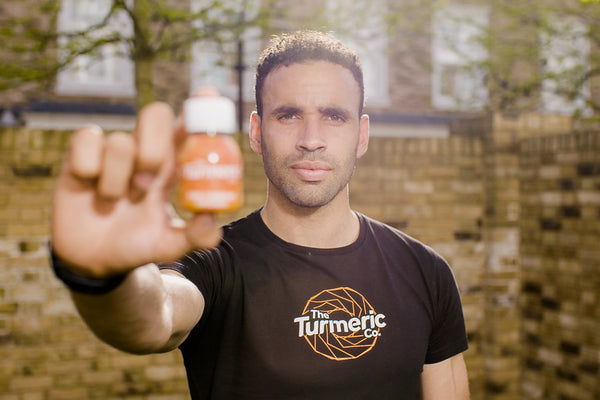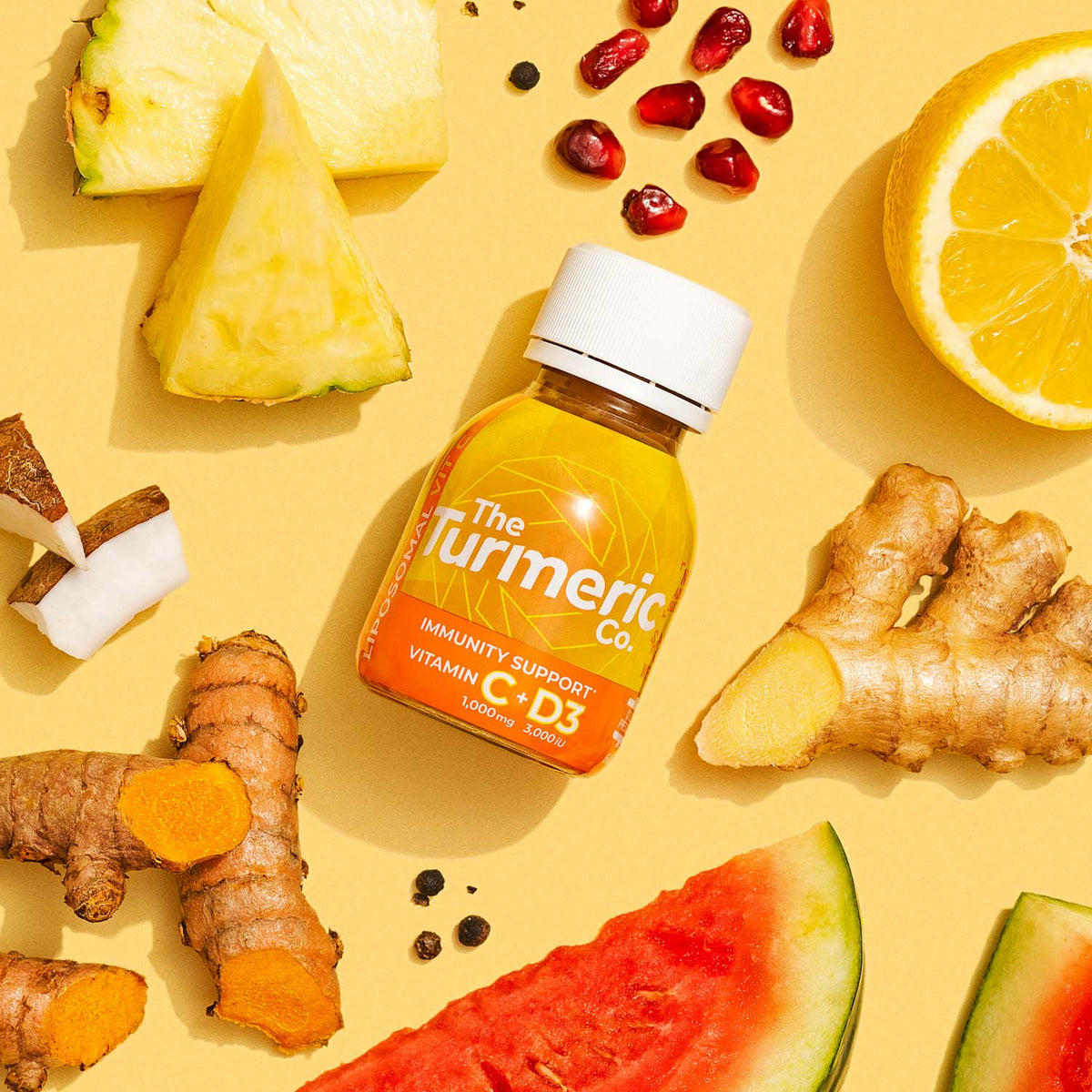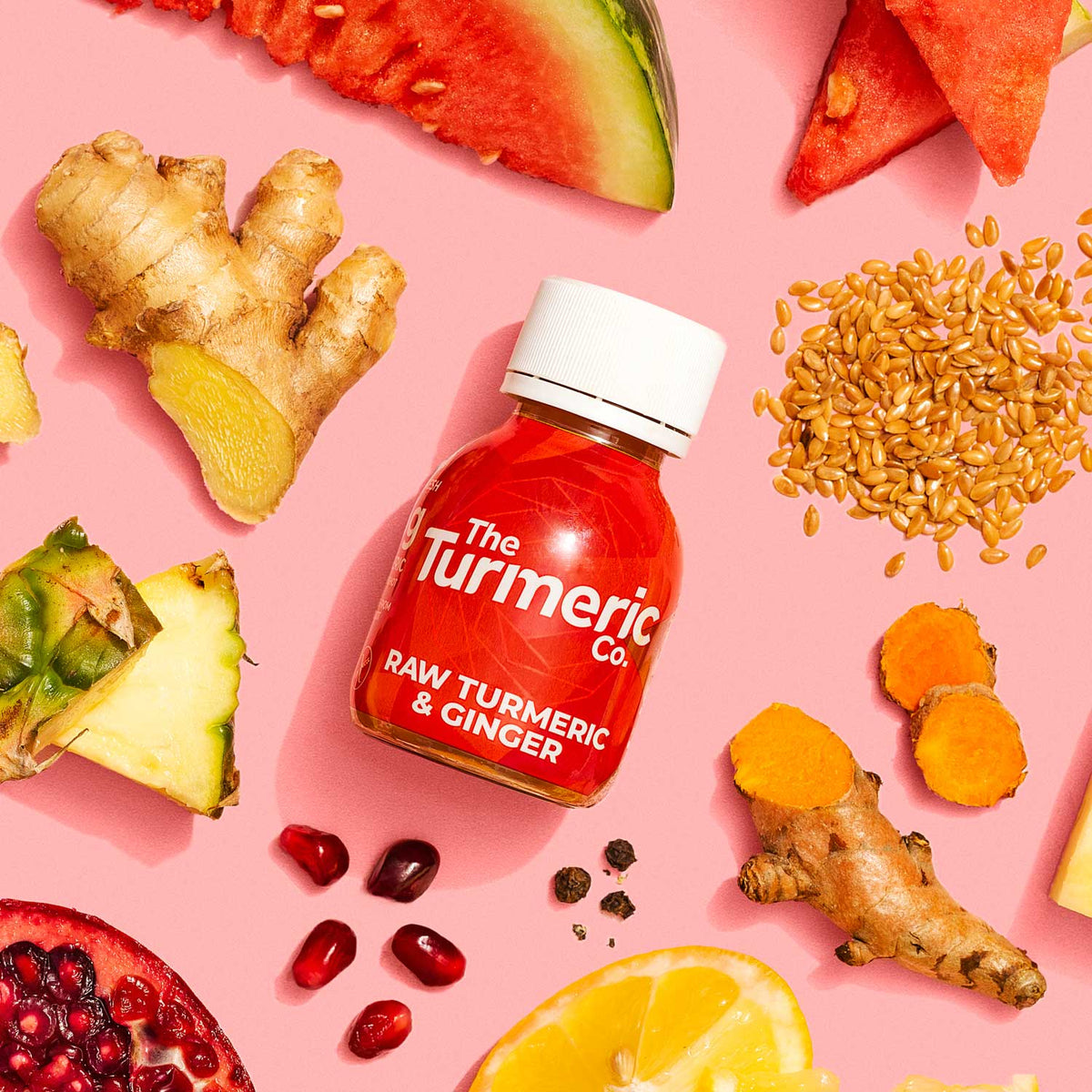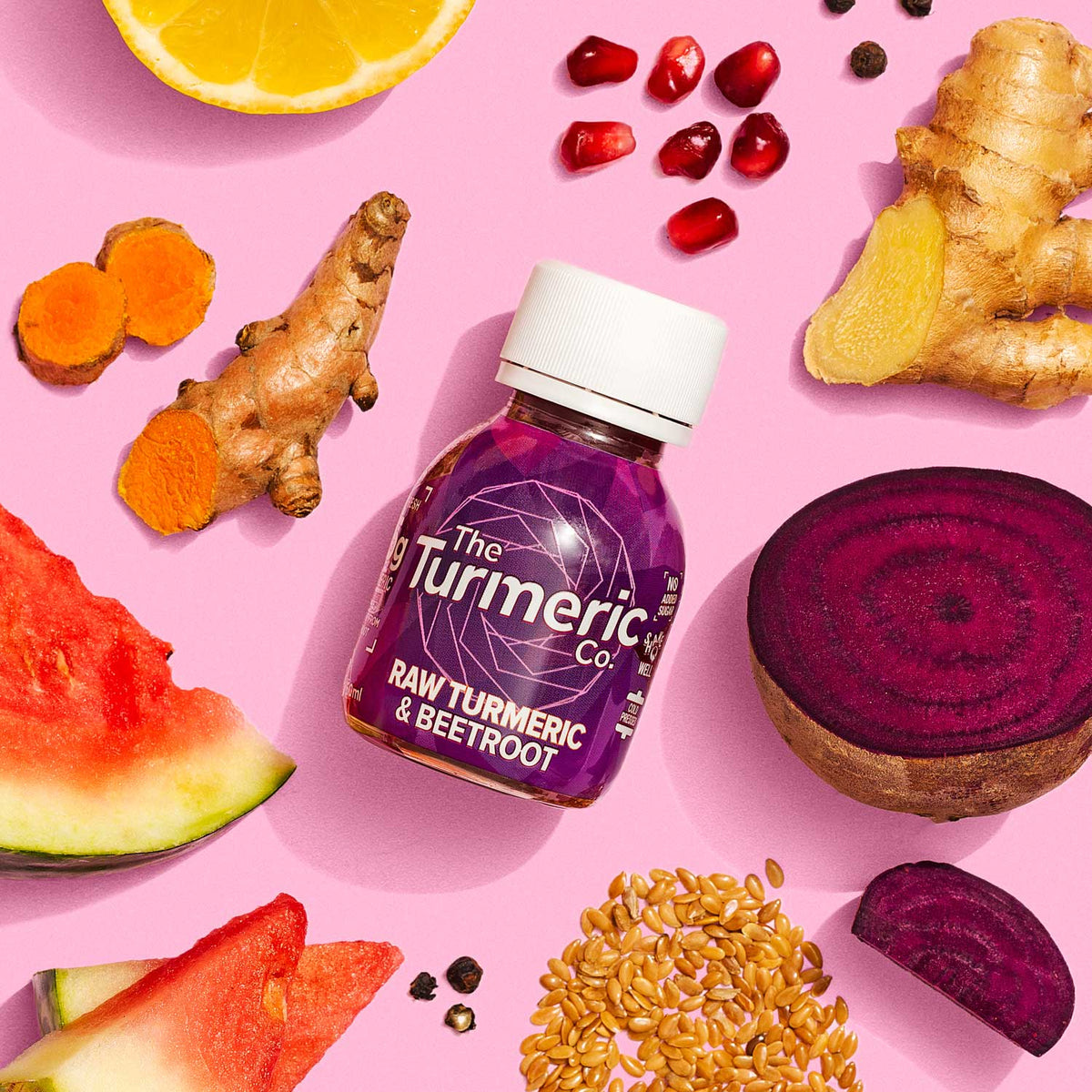We’ve all heard the phrase “you are what you eat” - but what if that’s true for your mind, too?
Research increasingly shows that what’s on your plate doesn’t just affect your body, it can have a powerful impact on your mood, focus, and mental resilience. The growing field of nutritional psychiatry explores how diet and mental health are connected, revealing how small changes to what we eat can make a big difference to how we feel.
In this blog, we explore how the food you eat fuels not only your body, but also your mind.
Food and mood: what the science says
People who eat more whole, unprocessed foods - colourful fruit and vegetables, whole grains, nuts and seeds - tend to report lower rates of depression and anxiety than those who rely on ultra-processed foods and refined sugars.
A major review found that following a Mediterranean-style diet is linked with better mental well-being and lower stress levels. Another study discovered that people who improved their diet, even slightly, often felt calmer, more focused, and more energised.
The science is still evolving, but one thing is clear: your brain thrives on real food .
The gut-brain connection
Ever had “butterflies” before an interview or felt a “gut feeling” about a decision? That’s your gut talking to your brain.
Your gut and brain are closely connected, communicating through nerves, hormones, and immune signals. Inside your gut live trillions of bacteria (aka your microbiome) which play a surprisingly big role in mood regulation.

When you eat fibre-rich, plant-based foods and fermented foods like yogurt, kefir, or sauerkraut, you help nourish the “good” bacteria that keep your gut healthy. A happy gut produces beneficial compounds like serotonin - the “feel-good” neurotransmitter. But diets high in processed foods and sugar can disrupt this balance, increasing inflammation and stress.
How food fuels your mood
Food is more than energy, it’s information for your brain. The nutrients you eat help build brain cells, regulate neurotransmitters, and support your body’s ability to handle stress.
Here are a few nutrients that play key roles:
-
B vitamins (B6, B12, folate) help produce serotonin and dopamine - the hormones that regulate mood.
-
Omega-3 fatty acids (from chia, flaxseed, walnuts) reduce inflammation and support brain health.
-
Magnesium, zinc, and iron help regulate energy and calm the nervous system.
-
Vitamin D (from sunlight or fortified foods) is linked to improved mood and cognitive function.
When your diet lacks these nutrients, your brain can’t work at its best - a bit like trying to run a high-performance car on poor fuel.
Sugar highs and mood lows
That mid-afternoon crash after a sweet snack isn’t your imagination... it’s biology.
Sugary and refined foods cause spikes and crashes in blood sugar, which can leave you feeling tired, moody, and anxious. Over time, these energy swings can put pressure on your body and brain. Choosing slow-release carbohydrates such as oats, brown rice, and sweet potatoes helps maintain stable energy and a steadier mood.

Easy ways to eat for better mental health
You don’t need a drastic diet overhaul to feel better. Simple, consistent choices can have a big impact.
Here are a few practical tips:
✅ Eat the rainbow – fill your plate with a variety of colourful fruit and vegetables for antioxidants and fibre.
🥛 Try fermented foods – yogurt, kefir, or kombucha support gut health.
🌾 Choose whole grains – switch to brown rice, quinoa, or wholegrain pasta.
🚫 Limit ultra-processed foods – they can disrupt your gut and increase inflammation.
💧 Stay hydrated – even mild dehydration can affect mood and focus.
🌞 Top up vitamin D – through sunlight, supplements, or fortified foods.
Remember: balance is key
While food plays a major role in mental well-being, it’s not the whole picture. Factors like sleep, exercise, social connection, and stress management also matter.
If you’re struggling, reach out to a health professional or counsellor for support. Think of nutrition as one important part of a broader self-care toolkit.
The takeaway
Every meal is a chance to nourish both your body and your mind. By focusing on real, nutrient-dense foods that support your gut and brain, you can build stronger foundations for mental health.
So next time you sit down to eat, remember... you’re not just feeding your body. You’re fuelling your focus, your energy, and your happiness.

The Hal Robson-Kanu Guide To Fitness & Nutrition
Gain exclusive insight into habits that will make every day a healthy and fulfilling one.













